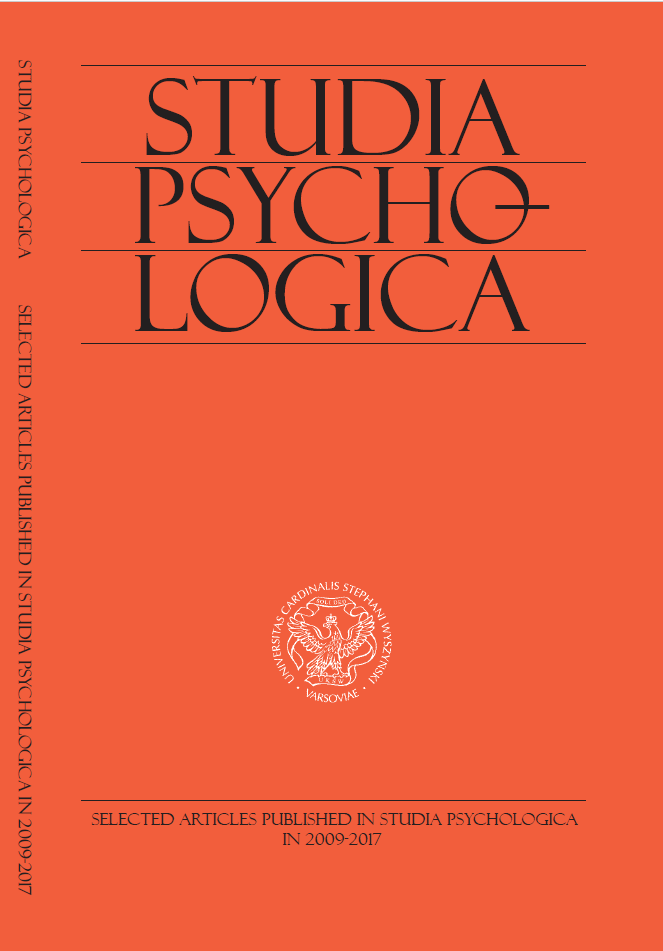Work addiction – the result of “weak will” or the need for perfection?
Work addiction – the result of “weak will” or the need for perfection?
Author(s): Paweł AtroszkoSubject(s): Social psychology and group interaction, Organizational Psychology, Health and medicine and law
Published by: Wydawnictwo Naukowe Uniwersytetu Kardynała Stefana Wyszyńskiego w Warszawie
Keywords: work addiction; workaholism; perfectionism;
Summary/Abstract: According to the existing studies the important predictors of the levels of work addiction are action control (Atroszko, 2009; Wojdyło & Lewandowska-Walter, 2009) and neurotic perfectionism (Atroszko, 2009). On the basis of the literature of the subject, hypotheses were formulated stating that dysfunctional perfectionism dimensions – concern over mistakes and doubts about actions – mediate the link between action control and workaholism. Baron and Kenny’s (1986) approach was used to verify the mediation hypotheses. As predicted, both concern over mistakes and doubts about actions are mediating variables between failure-related action control and work addiction. Similarly, both dimensions of neurotic perfectionism mediate the link between decision-related state orientation and workaholism.
Journal: Studia Psychologica: Theoria et praxis.
- Issue Year: 2021
- Issue No: Special
- Page Range: 5-19
- Page Count: 15
- Language: English

